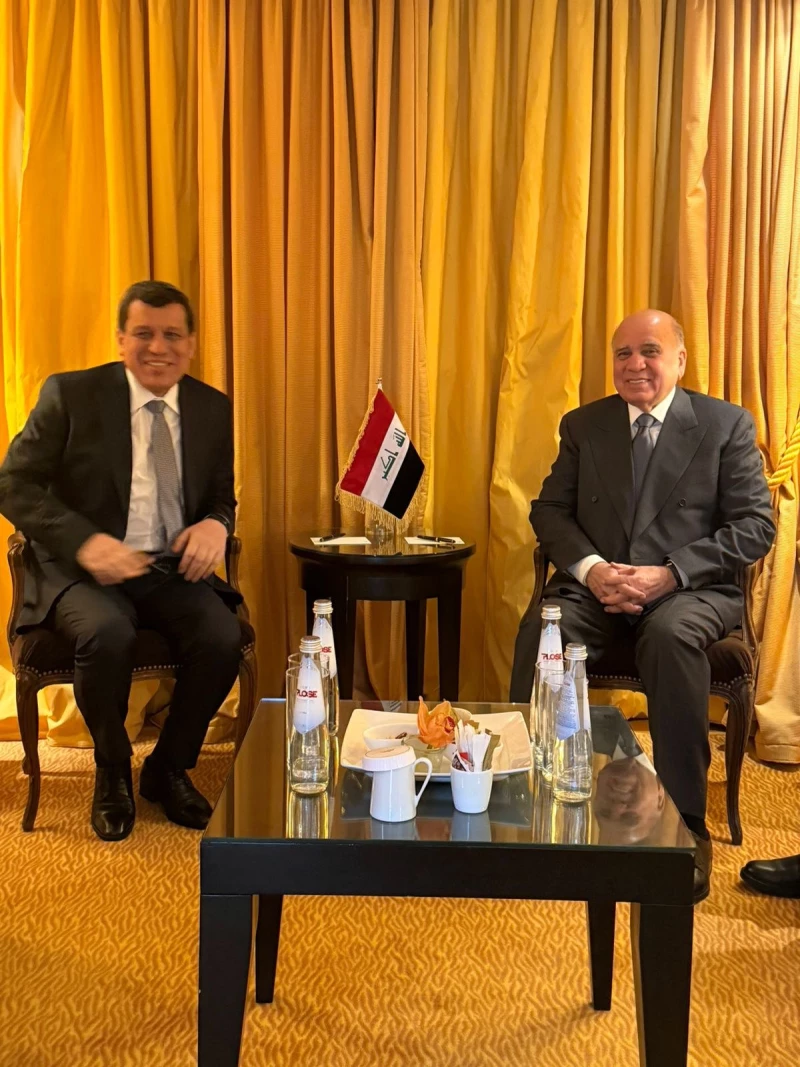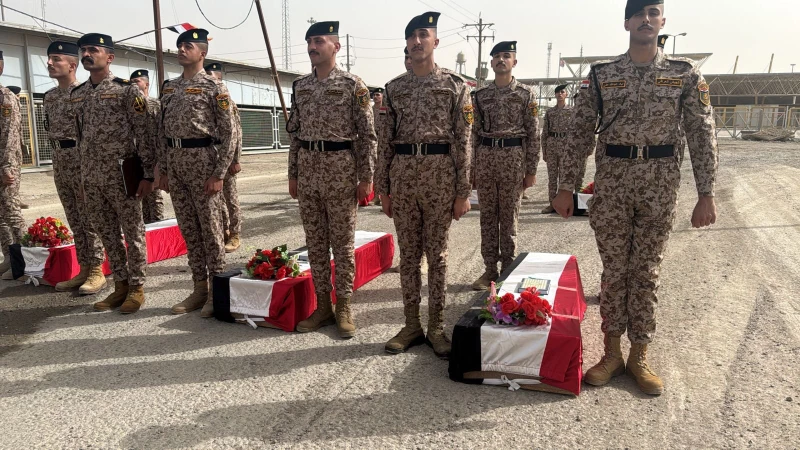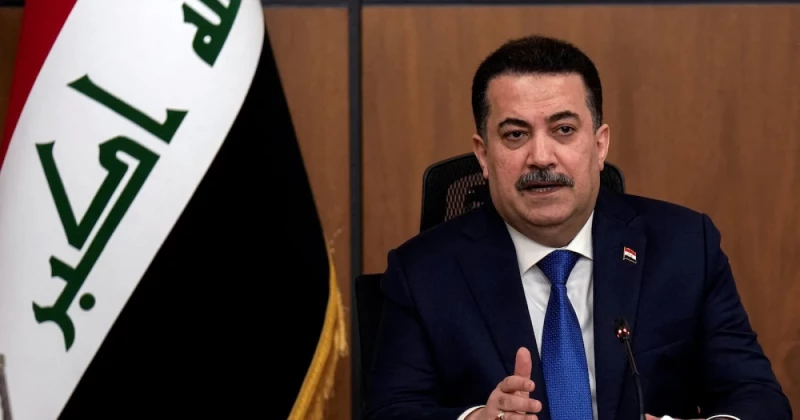ERBIL, Kurdistan Region of Iraq - With manual counting having been completed on December 23, the final results of Iraq’s first provincial council elections will be announced soon.
The December 18 voting was held in an overall peaceful manner though turnout remained below 50%.
Votes were cast in 15 of Iraq’s 18 provinces to choose 285 council members with a considerable amount of power, tasked as they are with overseeing local administration and appointing provincial governors. The three provinces in the Kurdistan Region of Iraq did not take part.
Observers note that while the lack of security incidences marks a positive development, sectarian and identity politics continue to play a role and potentially pose a risk to Iraq’s future.
'Sectarianism will rise in the future'
Iraqi political analyst and independent politician Ibrahim Al-Sumaidaie told The New Region in a Deember 21 interview that, in his opinion, “sectarianism will increase” in Iraq, as the results showed that there is “sectarian polarization”.
“In these elections, there was a Shia-Shia rivalry, between traditional Shia parties and local ‘service parties’,” he noted, referring to parties that are more locally rooted and often led by a local governor.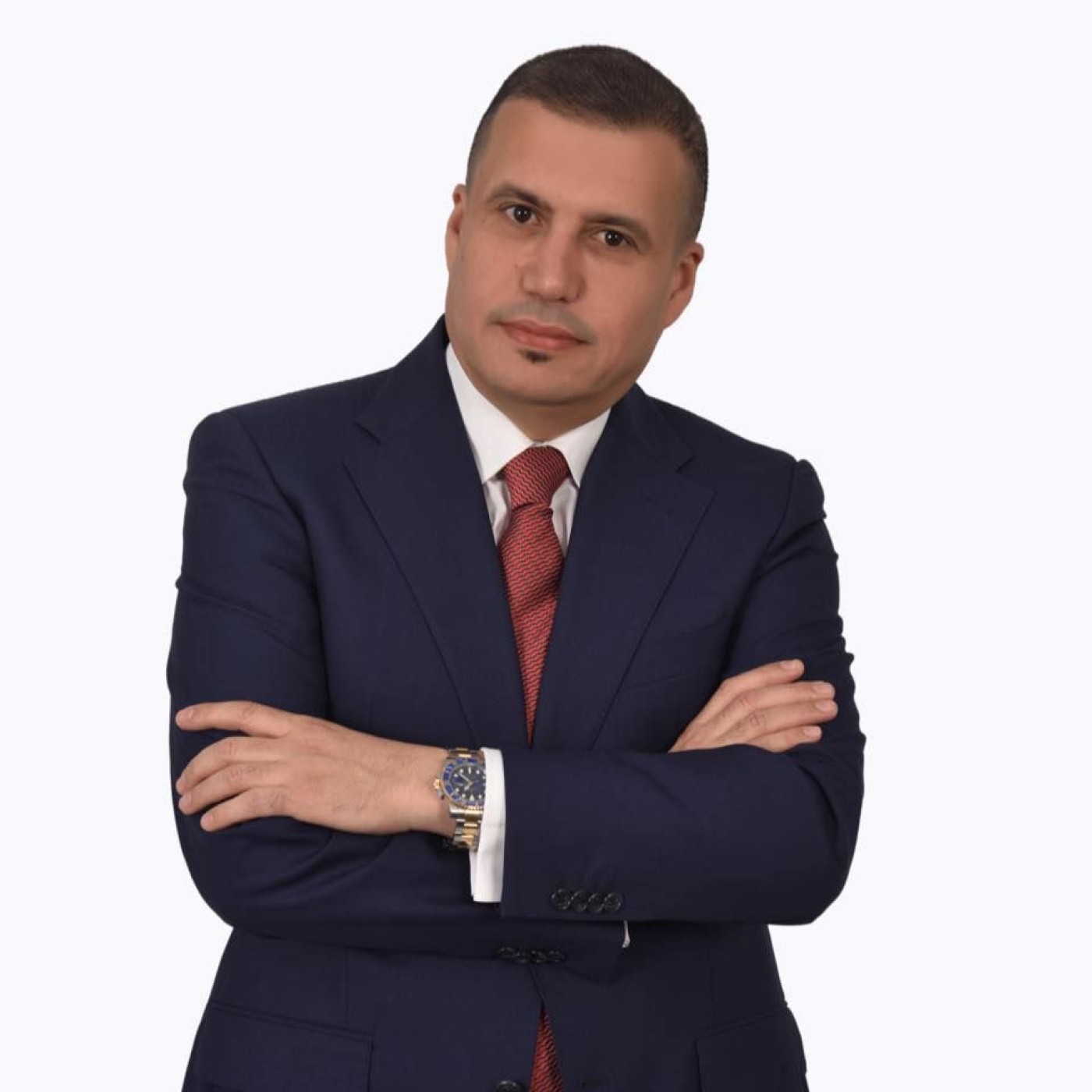
These ‘service parties’ based their campaigns on pledges to improve services as opposed to focusing on religious and ideological identity, as more ‘conservative’ parties did.
However, polarization resulted from “insistence on sectarian identity”, he said.
In line with expectations, say Iran-linked parties
Iran-backed Shia parties and coalitions including former prime minister Nouri al-Maliki’s State of Law and Badr Organization chief Hadi al-Amiri’s We Build Coalition came in first in multiple provinces.
State of Law representative Hussein al-Maliki told The New Region in a December 21 phone interview that the outcome of the vote was “close to what we expected”.
He stressed that the percentage of votes the party received was in line with what the party leader and former prime minister had forecast, though “there were some differences, such as a decline in Rusafa [the part of Baghdad east of the Tigris River] and an increase in Karkh [the part of Baghdad west of the Tigris River]”.
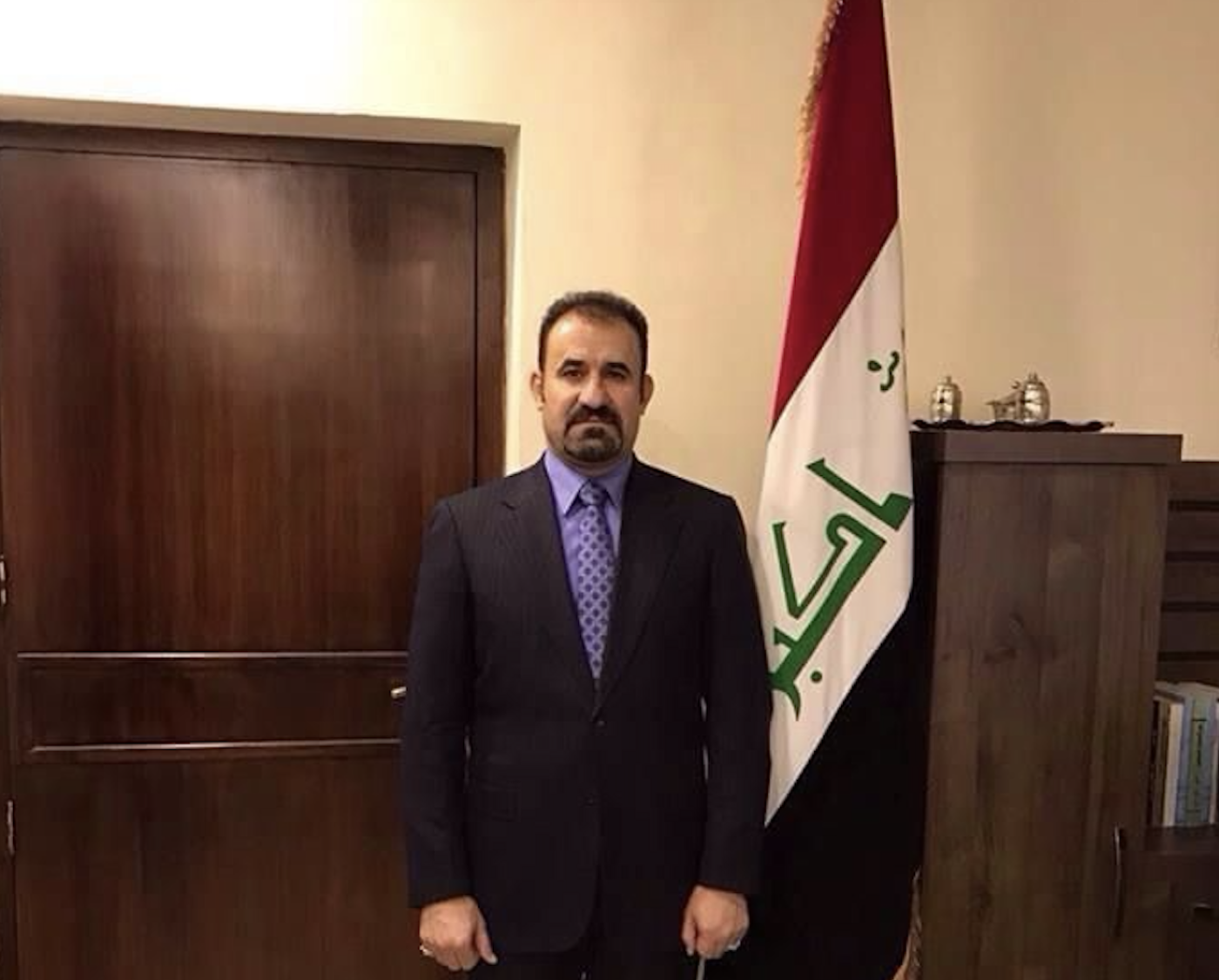
However, he added, the “important thing is that it was higher than the turnout in the previous elections” and that there was “no fraud”.
The State of Law and We Build coalitions are staunch rivals to popular Shia cleric Sadr, whose followers boycotted the vote but did not try to stop it from happening. Though Sadr’s bloc received the largest number of votes in the October 2021 parliamentary elections, following months of political stalemate preventing the formation of a government he ordered his 73 lawmakers to resign from parliament in June 2022.
His followers then proceeded to stage a sit-in in the heavily fortified Green Zone in August 2022. An outbreak of deadly violence between his followers and rival Shia factions left dozens dead and led to him withdrawing entirely from politics in an attempt to stop the bloodshed, paving the way for the Iran-linked Coordination Framework coalition to form a government.
Prime Minister Mohammed Shia al-Sudani was subsequently sworn in as prime minister in late October 2022, over a year after the elections.
The Coordination Framework includes Maliki’s State of Law.
Ousted parliament speaker rakes in top votes in Baghdad and Anbar
Ousted former parliament speaker Mohammed al-Halbousi’s party Taqaddum did very well both in Baghdad and in his native Anbar province, where he previously served as governor.
On the possibility of Halbousi returning to the parliament after he got such a large backing from parts of the Iraqi population Taqaddum Alliance party representative and MP Ahmed al-Masary told The New Region on December 20 that “anything is possible, especially if it is a legal matter”.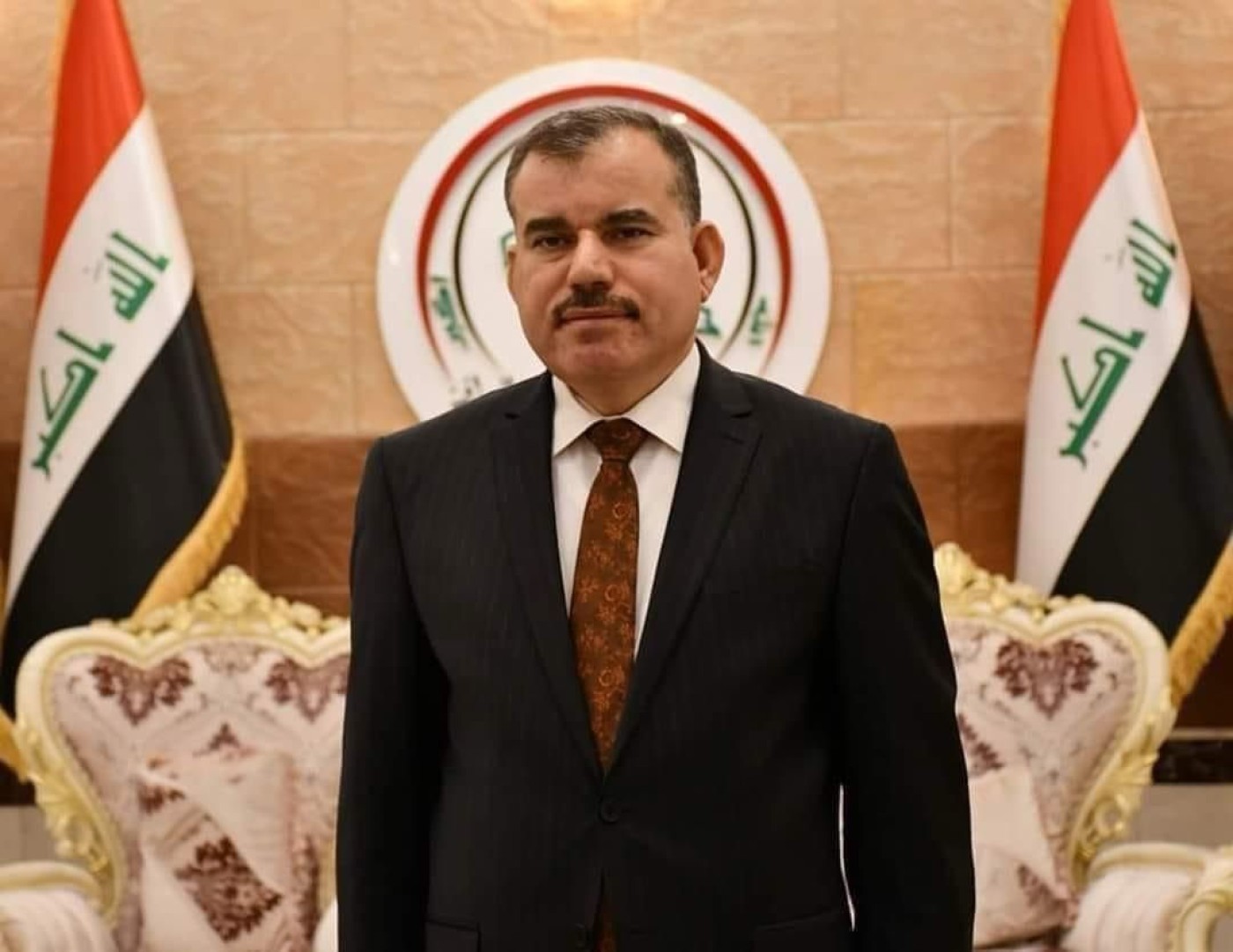
Best vote yet, says Sunni alliance spox
Khaled Al-Mufarji, spokesman for the Siyada (Sovereignty) party, told The New Region in a December 21 interview that, “the Siyada party sees the current electoral process as the best that has taken place” yet in Iraq, since it saw “the least problems and violations”.
The Siyada alliance was originally formed in early 2022 as the largest bloc of Sunni Arab parties in the Iraqi parliament, led by wealthy businessman and Anbar native Khamis al-Khanjar.
It took part as a party under Khanjar’s lead in the provincial council elections. 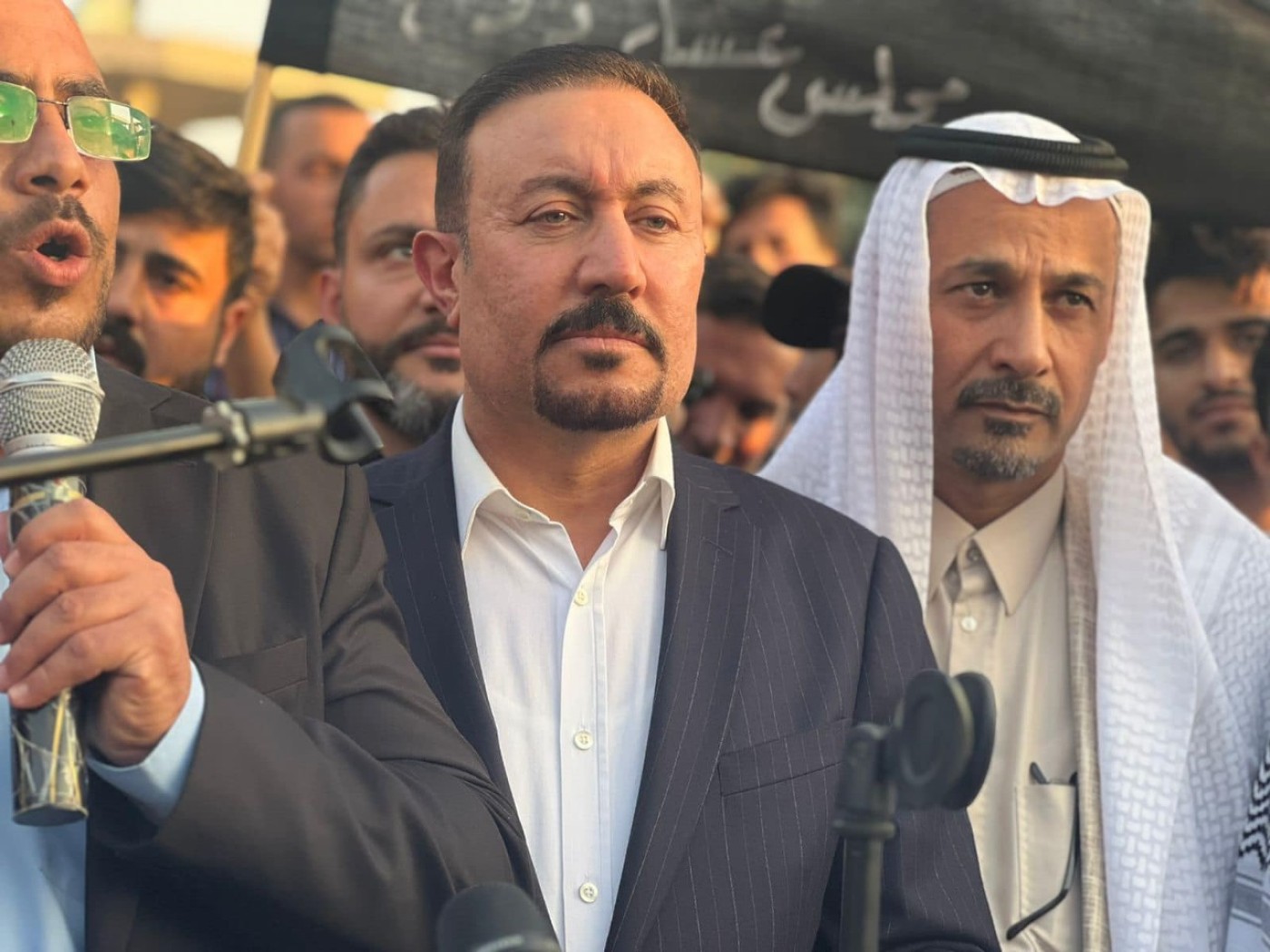
Spokesman Mufariji vowed that that party would “bring together all parties” in order to form local governments and provincial councils as soon as possible, including in “areas with mixed demographics.
He noted that this was essential since “the matter is directly related to providing services and the livelihood of people in those provinces”.
Mufariji said that the “Kirkuk province is in a unique situation”, given the ethnic diversity.
Kirkuk, which officially remains part of Iraq’s territories disputed between the central government and the Kurdistan Regional Government, saw the highest reported turnout of any province at 66%.
Competition was lively there, given the diversity of ethnic and religious factions as well as rival parties vying for votes. The province had not taken part in the previous provincial elections, held in 2013.
The Siyada party spokesman noted that the Arab, Turkmen and Kurdish parts of the population had all got seats and that, “from now on, no component can claim they are a majority in the province”.
“On this basis, we will work on forming a local government that brings all of Kirkuk’s components together without fragmentation,” he said.
Sadr to play a role in post-election talks despite boycott?
Independent politician and political analyst Sumaidaie opined in his December 21 interview with The New Region that, “due to sheer number, Sunni Arabs could exclude Kurds from administrative positions” in Iraq’s northwestern Nineveh province, while “Sunni Arabs in alliance with Turkmen could oust Kurds from all administrative positions in Kirkuk province” and, “in Baghdad, the Coordination Framework and [other] Shia parties can exclude the Sunnis from administrative positions due to being a majority”.
Thus, he said, “the presence of the Sadrist movement [in politics] is rather important as it has been able to transcend the rhetoric of sectarianism” in the past, acting more as a nationalist force than a Shia-centered one and forming alliances on this basis.
He cited the example of Iraq’s Diyala province, which has a mix of several ethnic and religious communities, noting that “the position of governor shifted from a Shia to a Sunni in 2013”.
However, he added, “I believe that the absence of centrism will be a major problem and I hope that sectarian polarization will only be part of the electoral campaigns”, but that it will not affect “the talks to form local governments in the coming days”.


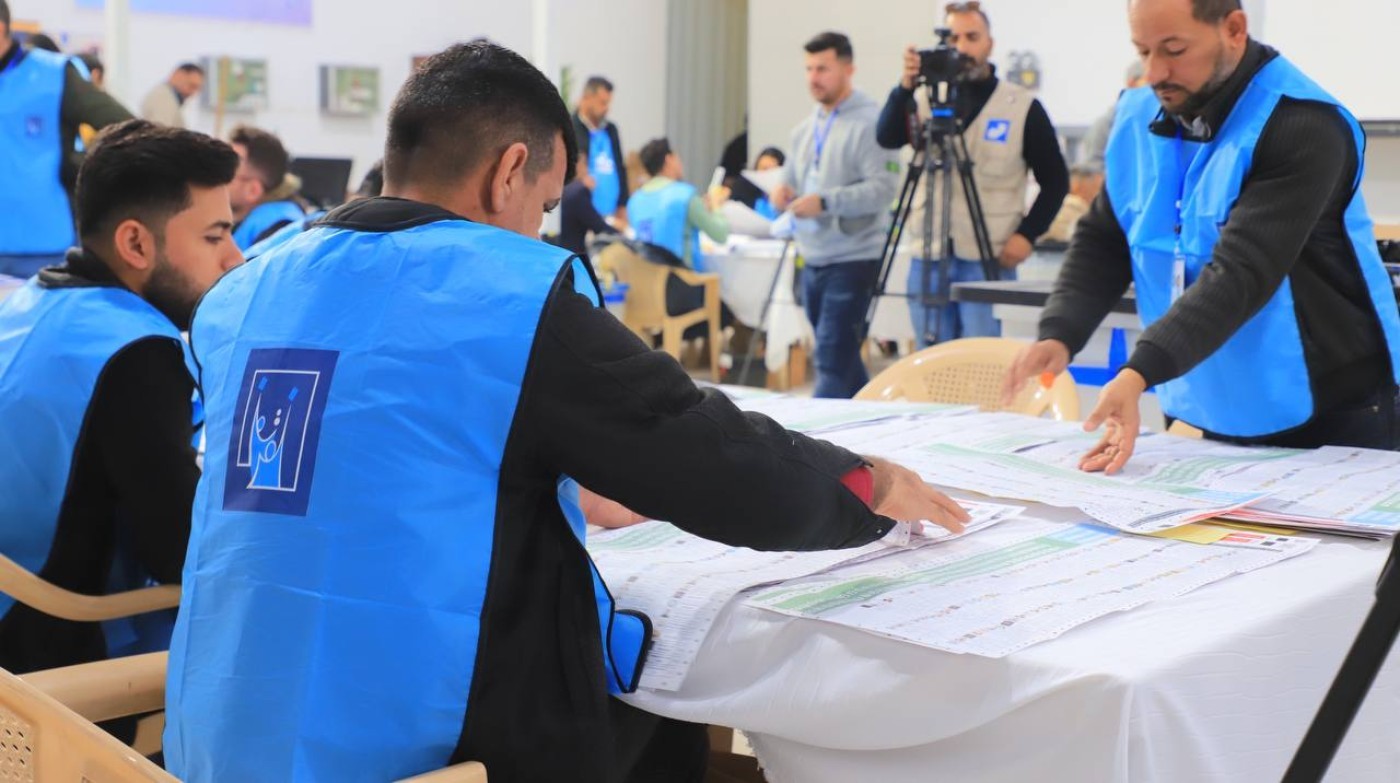
 Facebook
Facebook
 LinkedIn
LinkedIn
 Telegram
Telegram
 X
X
